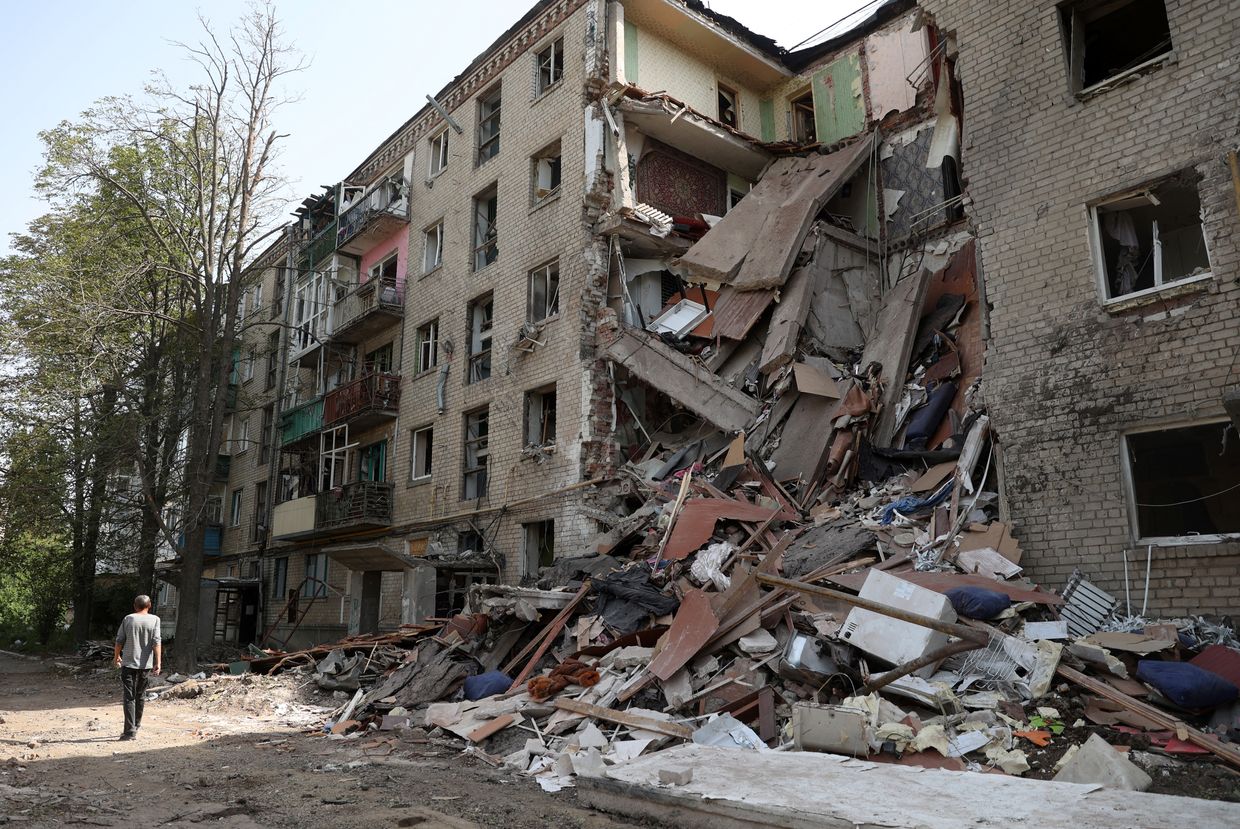Ukrainian publishing house Osnovy wants to 'fill gap caused by 70 years of Soviet rule'

Osnovy was founded in 1992, a year after Ukraine gained independence, by Canadian Bohdan Kravchenko and Ukrainian Solomiya Pavlychko. It became the first publishing house in the country to translate world classics into Ukrainian and has since released over 400 titles. (Andriy Vyshnevsky / Osnovy)
Editor’s note: This article is part of a series of profiles highlighting successful Ukrainian startups and businesses. The series is funded by the regional investment fund Ukraine-Moldova American Enterprise Fund (UMAEF) and created in partnership with Spend With Ukraine, a non-profit organization that launched a platform to showcase businesses with Ukrainian roots and provide one more meaningful way to support Ukraine – by choosing to spend with Ukraine. The series’ sponsors are not involved in the editorial process of the writing of these profiles.
Andriy Vyshnevsky believes the future of Ukraine lies in the pages of books.
This year, he helped resurrect Ukraine’s oldest independent publishing house, Osnovy, after purchasing the company with his wife Svitlana Matvienko, director of the Ukrainian School of Political Studies.
Now, as the CEO and co-owner of Osnovy, he is leading the company’s mission to educate Ukrainian citizens and popularize Ukrainian authors both at home and abroad. Ukraine is undergoing a literary renaissance as it faces Russia's full-scale invasion, with many looking to fill in the blanks left by decades of Soviet repression of Ukrainian culture.
“We have to recall our past and simplify access to the literature of earlier periods of Ukrainian history and return to our foundations. We need to understand how we can use that part of literature as a foundation for what we will build upon it,” he told the Kyiv Independent from Osnovy’s office in Kyiv’s historic center.
Osnovy is nearly as old as independent Ukraine. Founded in 1992 by Canadian citizen Bohdan Kravchenko and Ukrainian citizen Solomiya Pavlychko, it was the first publishing house in the country to translate world classics into Ukrainian and has since published over 400 titles.
In its first phase, Osnovy focused on translating books on economics, philosophy, and politics, from Aristotle to Simone de Beauvoir—“the key texts on which the Western civilization is based,” Vshnevsky explains. Osnovy itself translates to "foundations."
Osnovy’s idea was to bridge the gap between Europe and the newly independent Ukrainian population that had suffered generations of restricted access to knowledge.
The company opened new doors to the international market after Dana Pavlychko, Solomiya’s daughter, took over in 2012 during its second phase. She shifted the focus to publishing English language photography and art books looking at niche subjects from orthodox churches to women working on Ukraine’s railways.

Looking towards the future, Vyshnevsky will prioritize the domestic market as Ukrainian society pulls through the traumas of war. Osnovy will go back to its foundational texts as well as new translations of modern literature, both fiction and non-fiction, to broaden its readers’ minds.
“The purpose of Osnovy is to provide Ukrainian society with intellectual resources to be better prepared for the challenges we are going to face after Ukraine wins this war,” he said.
Rising from the ashes
Osnovy was on its last legs when Vyshnevsky took over in June. The majority of the company’s dozen employees fled Ukraine during the full-scale invasion, including former-owner Dana Pavlychko, and efforts to keep it afloat from abroad were in vain.
Revenues dropped from Hr 8 million ($192,000) in 2022 to Hr 4 million ($96,000) in 2023, leaving Pavlychko with little option but to sell. Over the last six months, Vyshnevsky managed to build up the employees from two to 13 and the new team inherited 15,000 unsold books that helped provide some cash flow to restart the company.
Osnovy has a special place in Vyshnevsky’s heart as Bohdan Kravchenko was one of the first people he met after moving to Kyiv from his hometown Kharkiv in the early 2000s. He couldn’t imagine he would take over from Kravchenko 25 years later.
This year, Vyshnevsky is hopeful Osnovy will once again turn a profit with 57 book projects currently underway and plans to publish 30-40 titles per year.
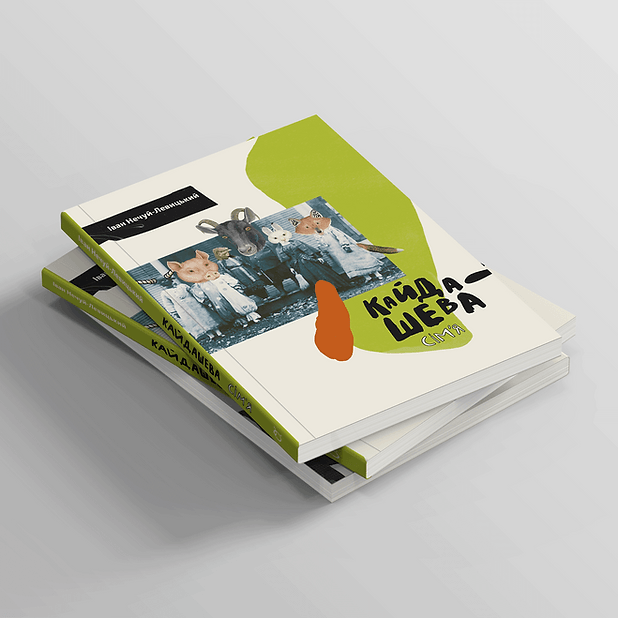
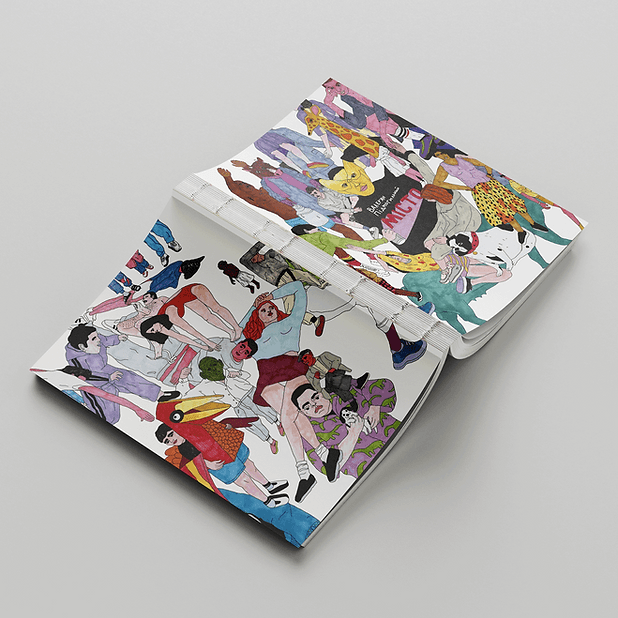
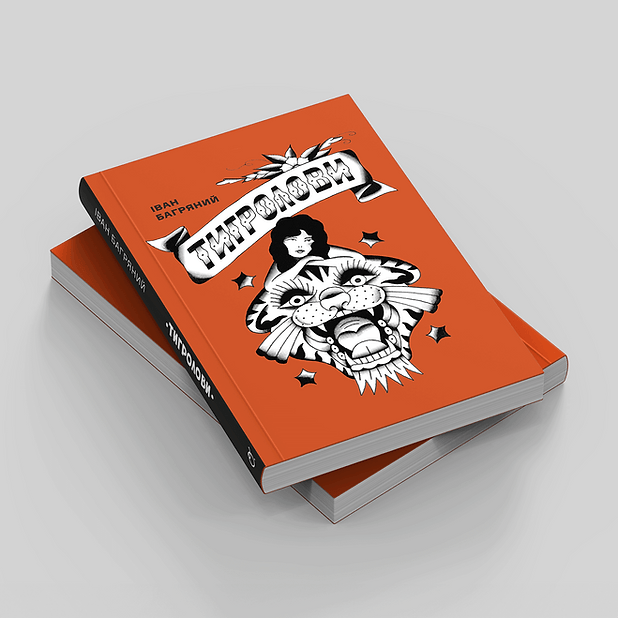
His optimism is bolstered by the increasing number of Ukrainians turning to books as Russia pummels Ukrainian cultural institutions, including Osnovy’s printing partner Faktor Druk in Kharkiv, which suffered a major missile strike in May.
“It might sound paradoxical, but I think that the full-scale war encouraged people to read,” Vyshnevsky said.
"It might sound paradoxical, but I think that the full scale war encouraged people to read."
Osnovy first got going in 1992 with financial support from the International Renaissance Foundation, an NGO funded by philanthropist George Soros, although it was soon self-sufficient as the books flew off the shelves.
Vyshnevsky admits that Osnovy is a niche publishing house, and that the challenge is fulfilling its mission of popularizing specialized literature while making money. But Osnovy has a growing customer base, which Vyshnevsky was surprised to discover is very young, with around 85% between 18 and 35 years old.
He will also redirect Osnovy’s strategy towards smaller, independent bookstores rather than big retailers. Ukrainians have recently flocked towards cozy, community-focussed bookshops and Vyshnevsky is partnering with several across Ukraine as he aims to expand beyond the 100 stores currently stocking Osnovy’s publications.
Stay warm with Ukrainian traditions this winter. Shop our seasonal merch collection.
Success abroad and at home
The 2014 Euromaidan Revolution was a big catalyst for change for Osnovy and propelled the company to its peak popularity, Vyshnevsky said. While that was partially driven by Ukrainians’ surging interest in their culture, it was also because the revolution attracted the eyes of foreigners to Ukraine.
Under the direction of Dana Pavlychko, the company began publishing stylish photography and art books in English for the first time. The international market proved to be a hit, with over 300 stores in Europe and North America selling Osnovy’s books as well as online stores like Amazon.
“Photo books were a good tool to popularize Ukraine and Ukrainian culture,” Vyshnevsky said.
"Photo books were a good tool to popularize Ukraine and Ukrainian culture."
“We pay attention to the tactile characteristics. You should want to touch the book, hold it in your hands,” he added, commenting on the aesthetic graphic design and high-quality printing and binding.
One of Osnovy’s most well-known publications, “Decommunized: Soviet-Ukrainian Mosaics” by photographer Yevgen Nikiforov, was popular both domestically and abroad and deals with the complexities of Ukraine's Soviet and independent identity. Through communist-era mosaics, Nikiforov shows the imperial legacy of the Soviet Union while also honoring the craftsmanship of Ukrainian artists, Vyshnevsky said.
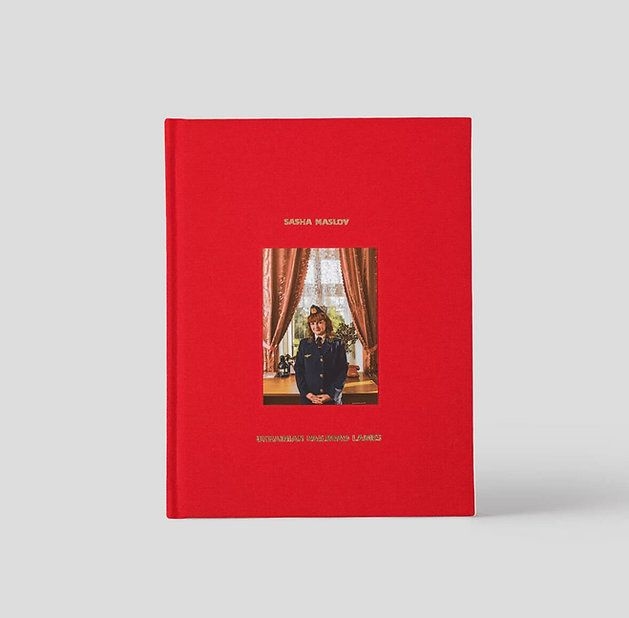
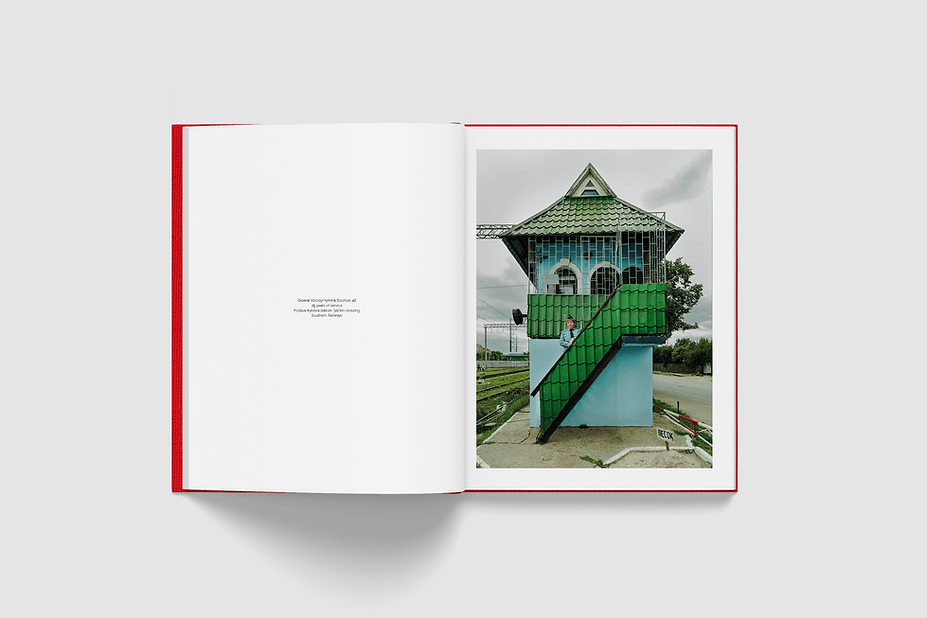
Osnovy is preparing a new edition of the book which will take on a different perspective as some of the mosaics have been destroyed by the war, or are stuck in Russian-occupied territories. The new edition will be a chance to reflect on Ukraine’s past, present, and future, in the context of the full-scale invasion, Vyshnevsky said.
“By printing these books in English and selling them abroad, we make our own reflection inclusive by encouraging and engaging people from the West into this process. We are trying to show that Ukrainians were deprived of the opportunity to communicate with the Western world, but we are a part of the Western world,” he added.
Building up a nation
Before Vyshnevsky’s takeover, Osnovy was primarily focused on the international market and rarely marketed books inside Ukraine. Vyshnevsky wants to go back to the company’s roots and see’s Osnovy as a public service for Ukraine to strengthen its weaknesses that could be exploited by Russia again.
“Our role is to prepare Ukrainian society for life after the war is finished,” he said.
“We need critical thinking, good education, and the professional skills and ability not only to survive, but also to build sustainable institutions and to develop them.”
In the fallout of revolutions and the full-scale invasion, Ukrainians are unearthing their history, particularly the writers purged by the Soviet regime in the 1920s and 1930s known as the Executed Renaissance. Osnovy published a series of illustrated books from this generation in 2016, although the writers have only recently garnered more mainstream attention.
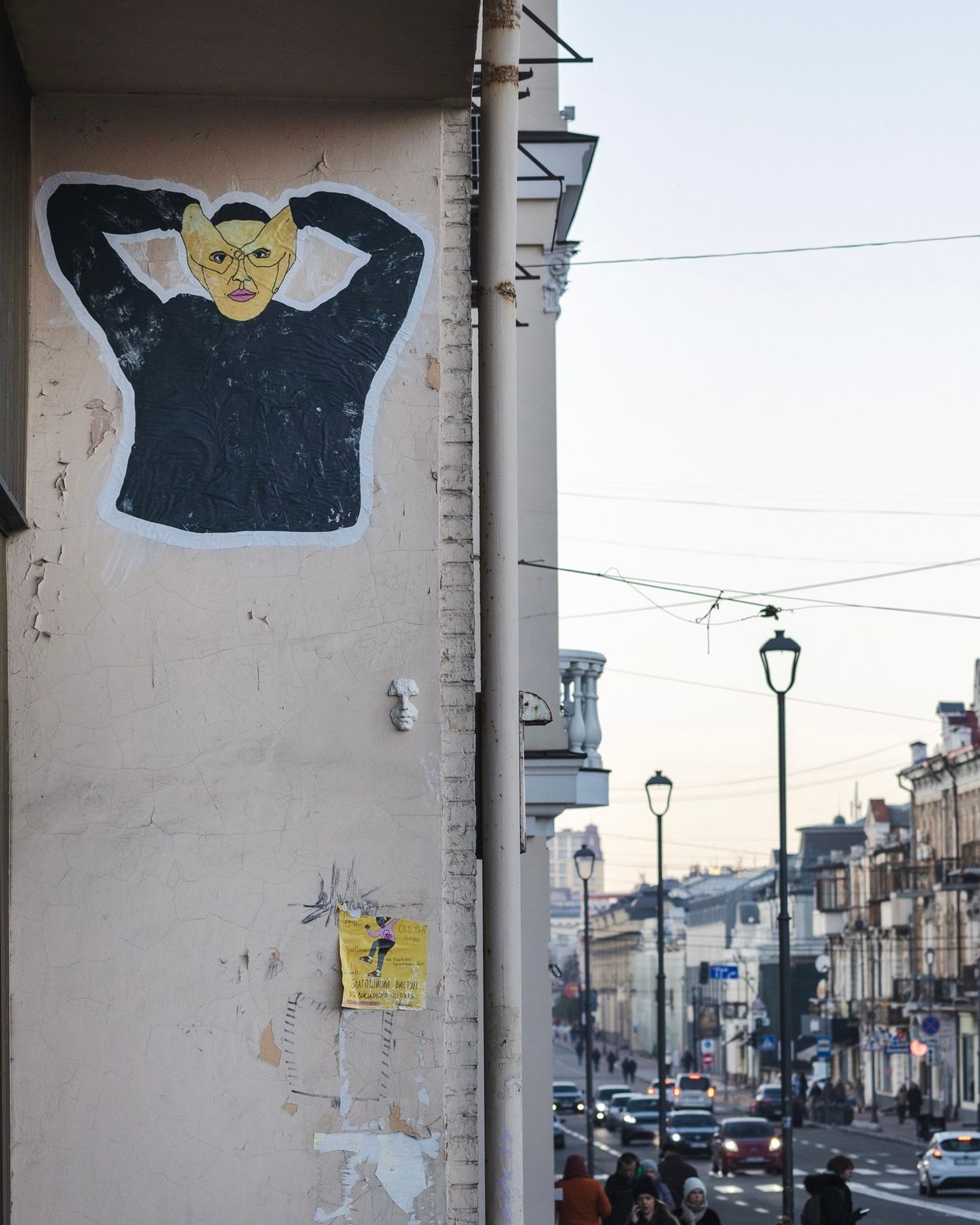
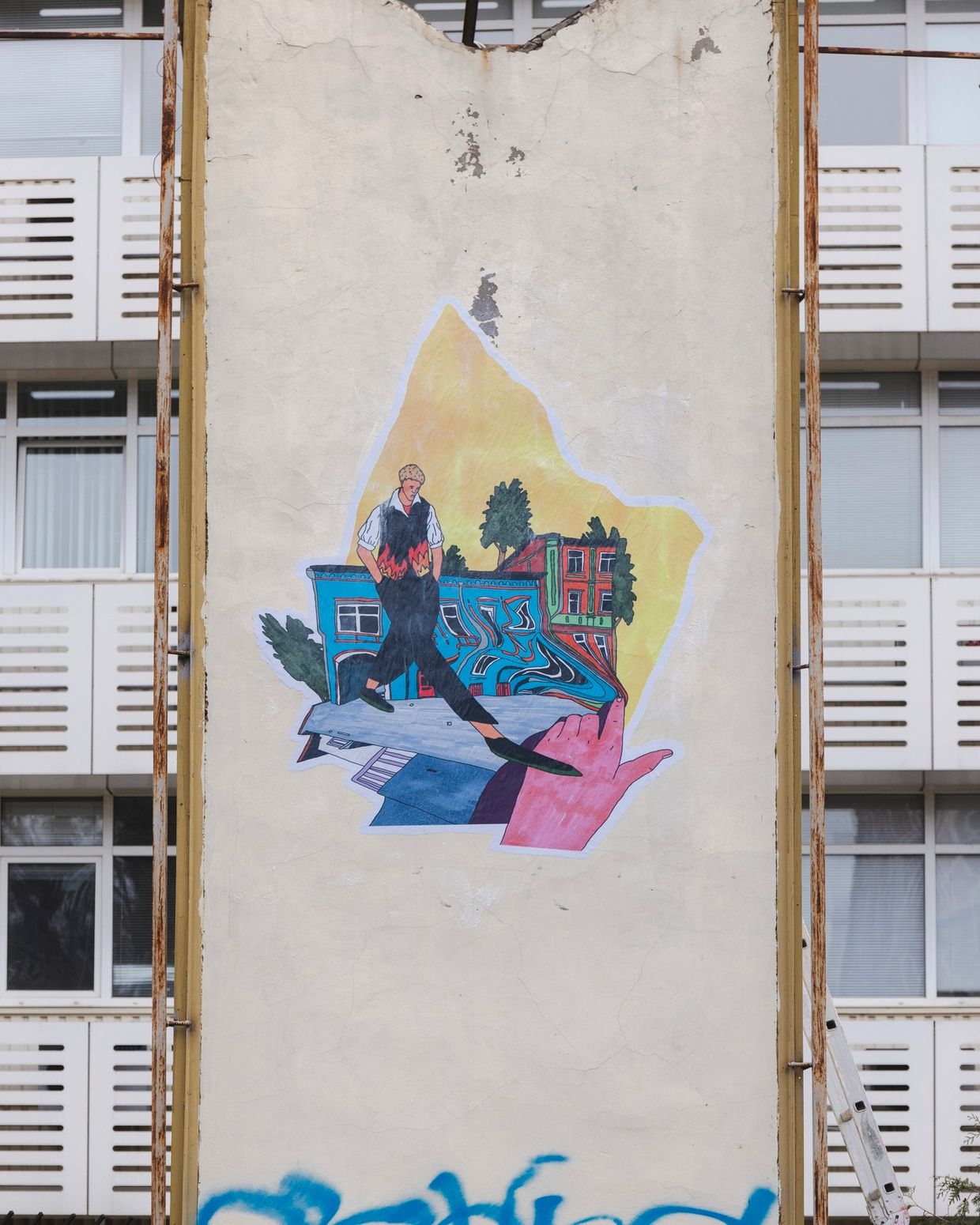
“This literature is not just an archive like for many other European nations. It is material we need to work on right now and to go back to the past to better understand our future,” he said.
Russia’s full-scale invasion has also pushed readers towards contemporary Ukrainian literature and authors writing about the war. Osnovy had never published modern-day Ukrainian writers, but Vyshnevsky is now considering it to meet the demand.
He also believes it's important for foreigners to read Ukrainian authors. As Ukraine begins EU integration talks, the country should have translations in European languages of its novels that were “eliminated” from the European cultural context, Vyshnevsky stressed.
“It is important to fill the gap caused by 70 years of Soviet rule,” he said.
“If we don't, this gap will remain and we will be trying to build over it, instead of building a solid foundation.”
Osnovy Publishing has been shaping Ukrainian identity since 1992, bringing classic literature to readers in Ukrainian for the first time and preserving knowledge once suppressed. Check out Spend With Ukraine to discover more inspiring businesses like Osnovy — your support helps preserve culture, protect heritage, and empower resilience.

